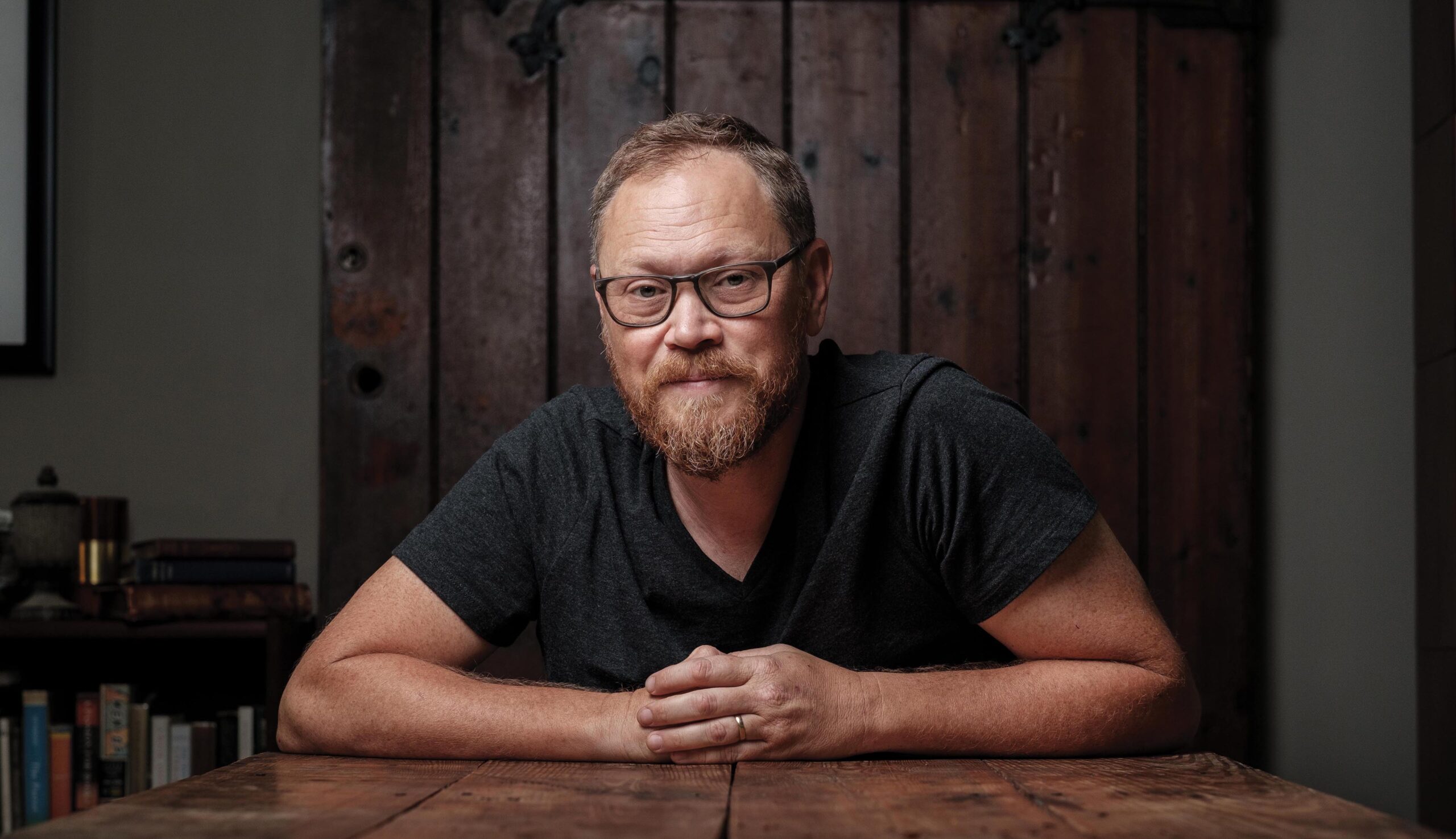Many of Jesus’ parables dealt with stewardship, the idea that God has given everyone the ability to oversee a certain amount of God’s abundance, often describing the actions of servants that a king put in charge of his possessions while he was away. When the king returns, the servants are judged based on what they have done with the king’s possessions. The parable most closely associated with improving people’s standard of living features a servant that a king puts in charge of his entire household, including the other servants. This trusted servant must “give them [the other servants] their food at the proper time” (Matt 24:45). If the servant uses the king’s wealth to care for the other servants well, then the servant will be trusted with even greater possessions to care for (Matt 24:47), but if the servant uses the king’s possessions as if they were only for him while allowing the other servants to languish, the king will “cut him to pieces and assign him a place with the hypocrites, where there will be weeping and gnashing of teeth” (Matt 24:51).
When linked with the parable of the sheep and goats (Matt 25:31-46), this parable confronts us with a dire warning. Those people who have greater access to income and goods in this world are not to claim these resources only for their enjoyment. They are to see what they have as a trust from God. Out of this trust, they are to provide for those who are needy. If they are faithful stewards, improving the standard of living for the “least of these,” they will know God’s fullest blessings. If they only seek to raise their own personal standard of living higher, then God will strip away what they have, potentially including their share of abundant life.
For some, this call to stewardship and the accountability it demands carries little weight. This is the primary difference between the type of salvation offered by those who provide humanitarian aid as Christians and those who do not. The former do so recognizing that they are caught up in a vast movement of God’s abundant life that stretches from this world to the next. The latter do so looking just for a better world in the here and now. This is not to condemn the latter group. They work to save people from a low standard of living with the best lights they have. However, it is to suggest that the secular vision may find its efforts snarled at times because of the way self-interest influences it.
We can use the resources within our control to improve others’ standard of living if we are wise. In doing this, we not only offer them God’s gift of life as we help save them from their miserable situations, but we also receive salvation from the idolatry of consumerism that would trap us all. We move from the desiccated life of consumerism to participate in abundant life.
This is where the concept of stewardship comes back into play. Stewards must give an account to the ultimate owner of the goods and services entrusted to them. If we see ourselves as stewards who serve the marketplace, we will become little more than promoters of a subhuman identity for those we seek to help. Drawn inexorably by the logic of the consumerist market, we will only help them sufficiently to make them effective producers of the goods and services we desire to consume, whether those are shoes, lawn services, or just the warm feelings we get when we have been generous to those in need.
However, if we understand ourselves as stewards of Christ’s abundant life, not just of physical resources, we will avoid this fate. We will not be unwitting pawns of the consumerist society but will be those who use the tool of humanitarian aid, among other forms of intervention, to save people from genuine dangers to their physical lives by improving their standard of living. We will do this because we believe God values them equally to us and has entrusted us with their care. Being entrusted with this care does not mean we are superior to them but rather that we are responsible to God for using resources in a way that honors them the way God honors them.
Based on the vast number of both large humanitarian aid agencies and local initiatives run by Christians to help the needy, most Christians already agree that improving people’s standard of living is something they are supposed to do. Many congregations even see this work as their primary form of missional activity. The issue is not whether we ought to be involved with improving people’s standard of living but whether we can articulate how this work is part of a larger witness to God’s salvation through Jesus Christ.
We can if we express how we experience salvation as participating in abundant life. This shows our understanding of salvation is dynamic. Salvation is not just a gift received from God; it is a mission in which we join God in sharing life with others. It also expands our view of salvation to include how God provides for people to live in this world and the next. Combining these two ideas allows us to do more than just perform good deeds by helping those in need; it allows us to provide a full-orbed witness for the gospel as we improve other people’s standard of living.
It also allows us to work alongside anyone who seeks to improve people’s standard of living. Regardless of their creed, they are doing God’s work by saving others in physical ways. Our role as Christians is not to condemn or question their work but to invite them to see how Jesus can supply not just the means for immediate lifesaving work but abundant life. We do this best by demonstrating the way we steward our resources in every facet of life, showing that we believe we are not superior benefactors who share our resources out of self-interest but that we share out of a desire to honor the dignity of our neighbors.
Adapted from Participating in Abundant Life: Holistic Salvation for a Secular Age by Mark R. Teasdale. Copyright © 2022 by Mark R. Teasdale. Published by InterVarsity Press, Downers Grove, IL. www.ivpress.com.





